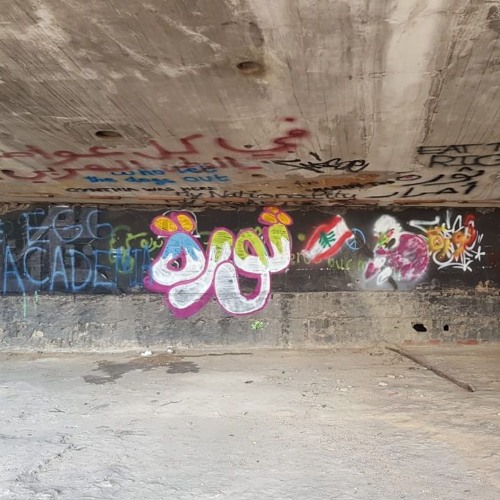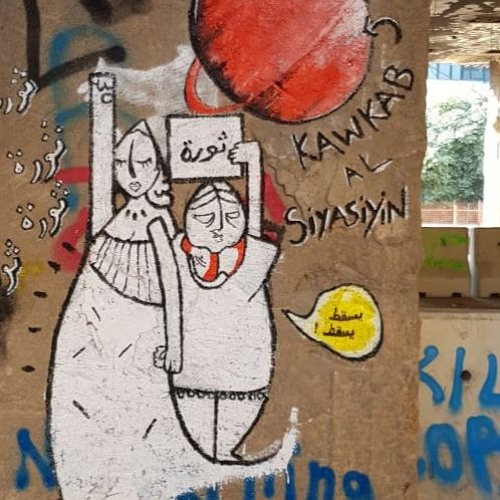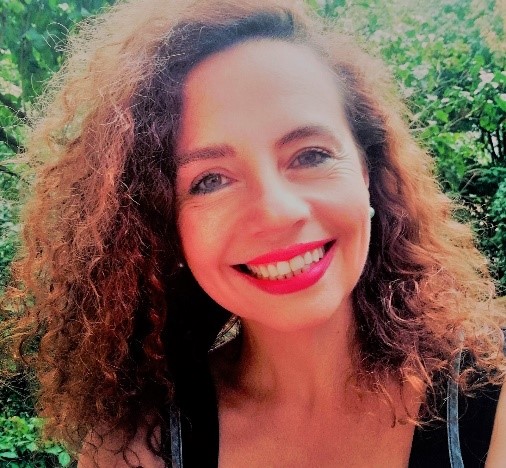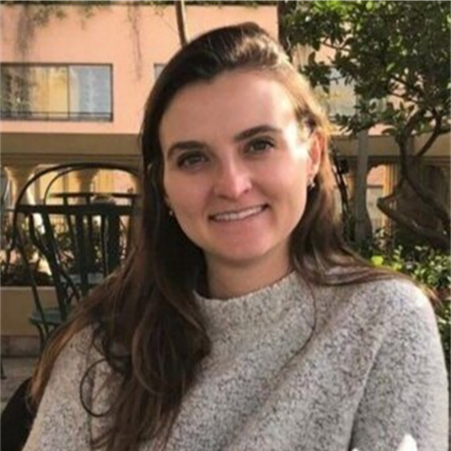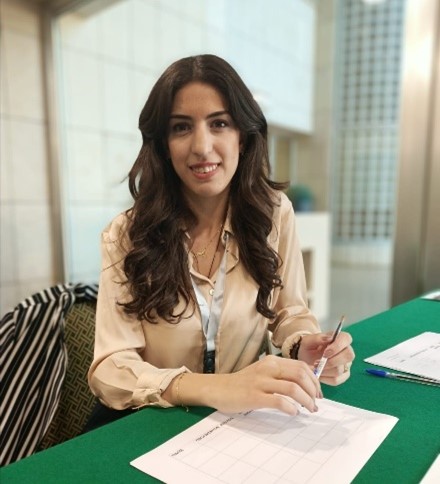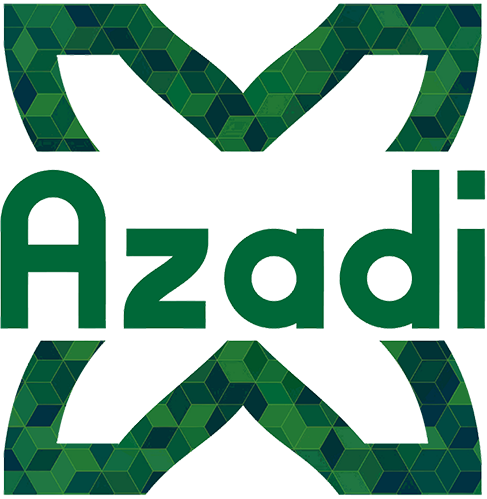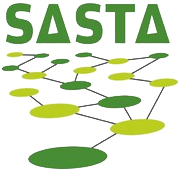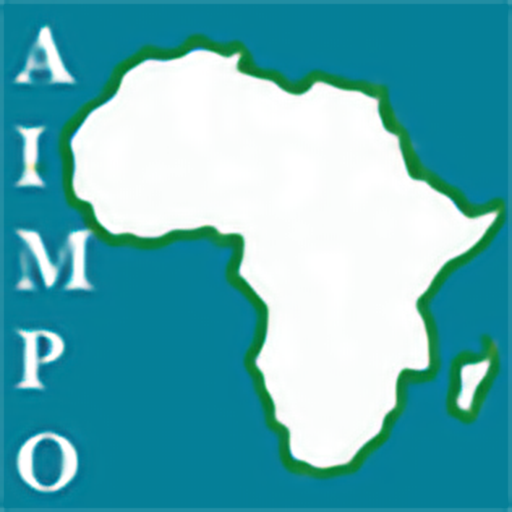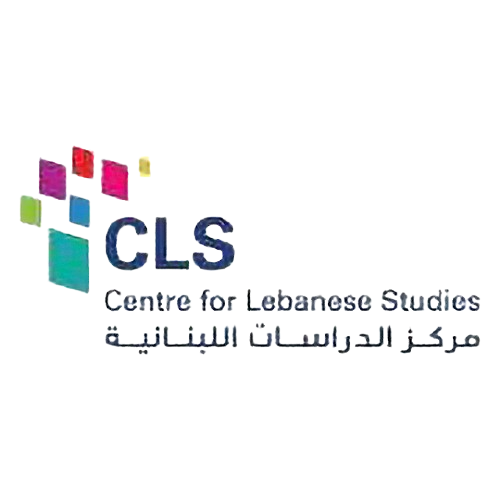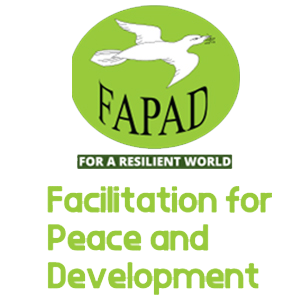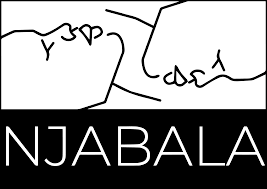Outputs and Target Groups
The project will produce the following outputs:
- Episodic peer to peer protocols
- Conceptual and empirical memos and reports on the nexus between temporalities and policy-making
- Reflection notes on how to capture policy narratives across linear and non-linear time
- Hiring of research fellows
- Peer-reviewed articles
- Conference presentations and webinars
The output of the project aims to target the general public, humanitarian organizations, academics, practitioners, policy makers, students, journalists, and media experts


